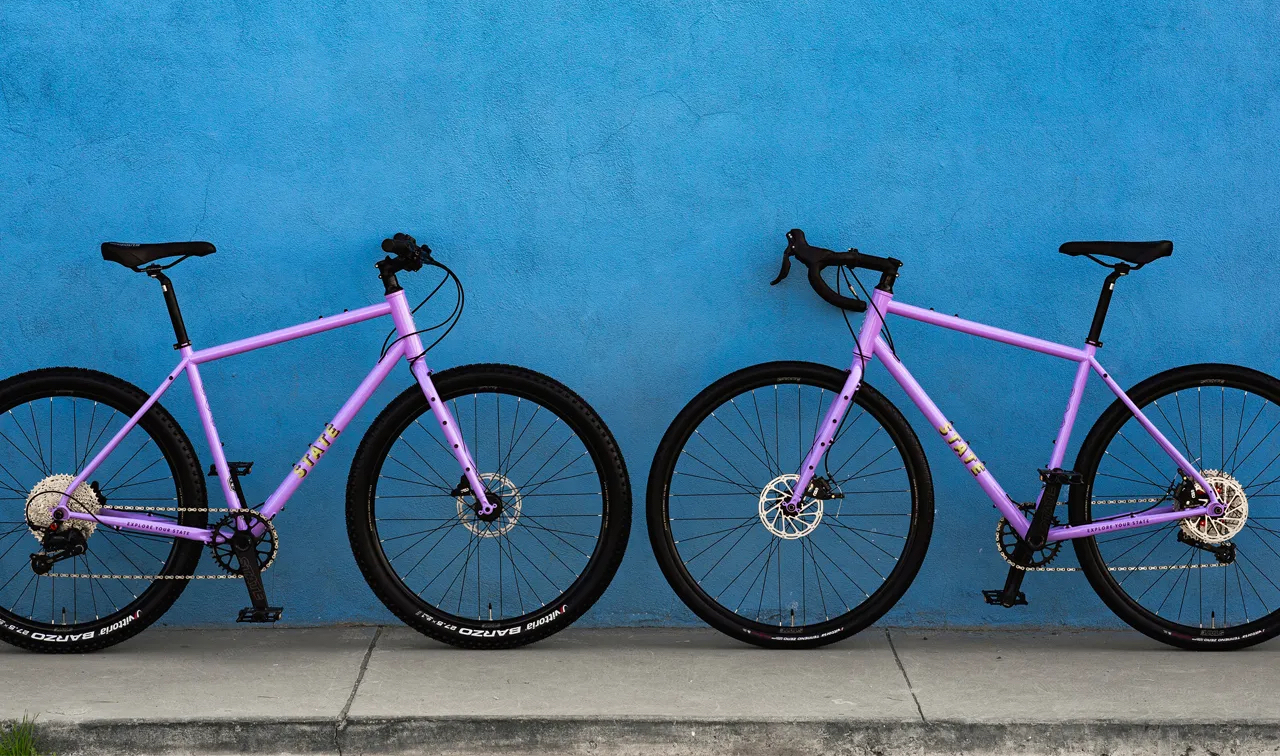
US bike manufacturers have warned their prices will rise in light of new tariffs imposed by the Trump administration.
At midnight on Tuesday, President Donald Trump put into effect a range of new tariffs affecting trade with Canada, Mexico and China. These included a 25% duty on imported goods from Canada and Mexico, and an additional 10% tariff on Chinese imports, doubling the levy on goods from the Asian country from the 10% already imposed last month.
According to Trump, the tariffs are intended to boost US manufacturing. Some bike makers, however, have alerted customers of the impact they expect to see on their businesses, including bigger price tags.
“Prices are going up Monday or Tuesday, if you want a more affordable bike now’s the chance. Thank the trade war and tariffs,” wrote State Bicycle Co in an Instagram post.
Like many US bike brands, State Bicycle Co is headquartered in the US, but manufactures its products in Taiwan and China, meaning it has witnessed a 20% increase in tariffs this year.
“We’ve been paying, and absorbing,” the company wrote. “We’re talking about raising prices around 5% because unlike some companies we actually feel bad when we have to charge more. Not getting political, just stating facts. We’re raising prices, and telling you why for transparency.”
Similarly, children’s bike maker Early Rider has confirmed its prices will rise this month.
“We’ve held off as long as we can, but rising tariffs and logistics costs have caught up with us. We have to adjust our prices to keep building no-compromise bikes and offering top-tier support,” Early Rider shared in a statement.
“As of March 1st, 2025, our pedal bike prices will increase - but we will endeavor to keep our balance bike and Velio ranges the same, give or take a few minor tweaks. We continue to invest in new product development and explore smarter manufacturing to keep future costs in check.”
China is currently the world’s largest exporter of bicycles and e-bikes, followed by Taiwan, where brands such as Giant, Specialized, Cannondale and Merida have manufacturing facilities. Tuesday's tariffs do not impact Taiwan directly.
Approached for comment by Cycling Weekly, a spokesperson at Specialized – who handle some production in China – said they were “unable” to speculate on the impact of the tariffs, “until we’re clear on what these changes entail”.
Trump has also announced 25% tariffs on any country that exports steel and aluminium to the US. These are set to come into effect on 12 March, and will mostly affect Canada, the primary importer of aluminium into the US.
It is uncertain at this stage how these metal tariffs will affect bicycle components, such as frames, rims and spokes. Companies who already source their materials from within the US, such as Stinner Frameworks, will be the least affected.
“The current tariffs will have little if any impact on our business,” said Stinner Frameworks CEO Aaron Stinner.
“While tariffs may shift global sourcing decisions for some companies, our biggest advantage has always been our ability to adapt. We’ve closed the pricing gap with overseas production through automation and lean manufacturing, making U.S.-based manufacturing a competitive option. We believe the future of mobility manufacturing should be here, and we’re proving that it can be done at scale.”







